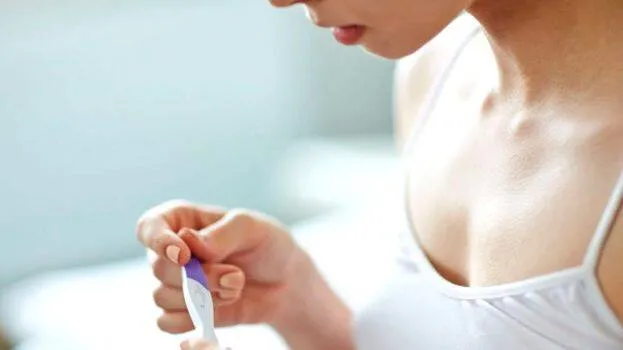

Infertility is a global issue affecting approximately 13 – 14%, i.e one in six couple face difficulty in conceiving. With better understanding of human reproductive physiology and availability of modern diagnostic technology there is a considerable increase in the success rate.
The birth of Louis Brown, world’s first IVF baby on 25th July 1978 has revolutionized the management of infertility and gives hope to million couples.
Assisted Reproductive Technology (ART) is used to treat infertility. It includes fertility treatments that handle both egg and sperm.
In Vitro Fertilisation (IVF) / Intra Cytoplasmic Sperm Injection (ICSI) is done as first line treatment in the following cases:
• Tubal pathology
• Severe male factor in fertility azoospermia
• Fertility preservation in cancer patients
• Pre implantation genetic diagnosis / screening
• Donor oocyte
It is also recommended in :
• Failed IUI
• Ovulatory dysfunction – PCOS
• Endometriosis – Repeated surgery will reduce ovarian reserve, ART is a better option
Some of the major FAQs pertaining to IVF treatment has been answered below by Dr Meera B, Consultant, KIMS Centre for Fertility.
1. What is the difference between IVF & ICSI?
Both are forms of in vitro fertilization, differing in only the method of fertilization in the embryology lab.
In IVF, the sperms and the egg are allowed to fertilize in a small petri dish and this method is very similar to the natural form of fertilization. IVF is deployed when sperm parameters are normal.
ICSI, is the form of Fertilization, mainly for Male Factor fertility, where each egg is injected with the help of a fine needle with the sperm. Indicated when the sperms parameters are deranged in count, motility, morphology
2. What is an IVF cycle?
During IVF, mature eggs are collected (retrieved) from ovaries and fertilized by sperm in a lab. Then the fertilized egg (embryo) or eggs (embryos) are transferred to a uterus. One full cycle of IVF takes about three weeks. Sometimes these steps are split into different parts and the process can take longer
3. How many IVF cycles is recommended?
According to at least one study, women who conceived with IVF treatment went through an average of 2.7 cycles. They found that the odds for success—for women of all ages—after three IVF cycles were between 34 and 42 percent. Practically speaking, to improve your odds, you should try for at least three IVF cycles
4. How can I improve my IVF success?
• Maintain a healthy weight.
• Eat fertility-enhancing foods which are rich in antioxidants like leafy greens which are good source of iron and folate, fruits, nuts and grains.
• Partner with an excellent doctor and embryology laboratory.
• Reduce your stress.
• Improve sleep.
• Quit smoking and drinking.
• Look into taking supplements in consultation with your doctor.
• Ensure you have adequate levels of vitamin D.
• Focus on persistence and patience
• Practice breathing exercises
How painful are IVF injections?
First of all, not every woman finds the shots painful, so that is something to keep in mind. For most patients, the injections aren't pleasant, but they are quick and any discomfort is over in a few seconds. ... Most of the medications you will take during IVF are administered this way, usually with an injection pen
5. How many times can you try IVF?
Studies examining the likelihood of pregnancy after multiple IVF attempts show varied results, with some suggesting that three rounds is the optimal maximum, given the emotional and financial strain that IVF can cause. Financial limitations aside, it may be worth continuing beyond three cycles
Dr Meera B
MBBS, DGO, DNB (OB&GYN), MRCOG (UK)
Consultant – KIMS Centre for Fertility
KIMS Trivandrum